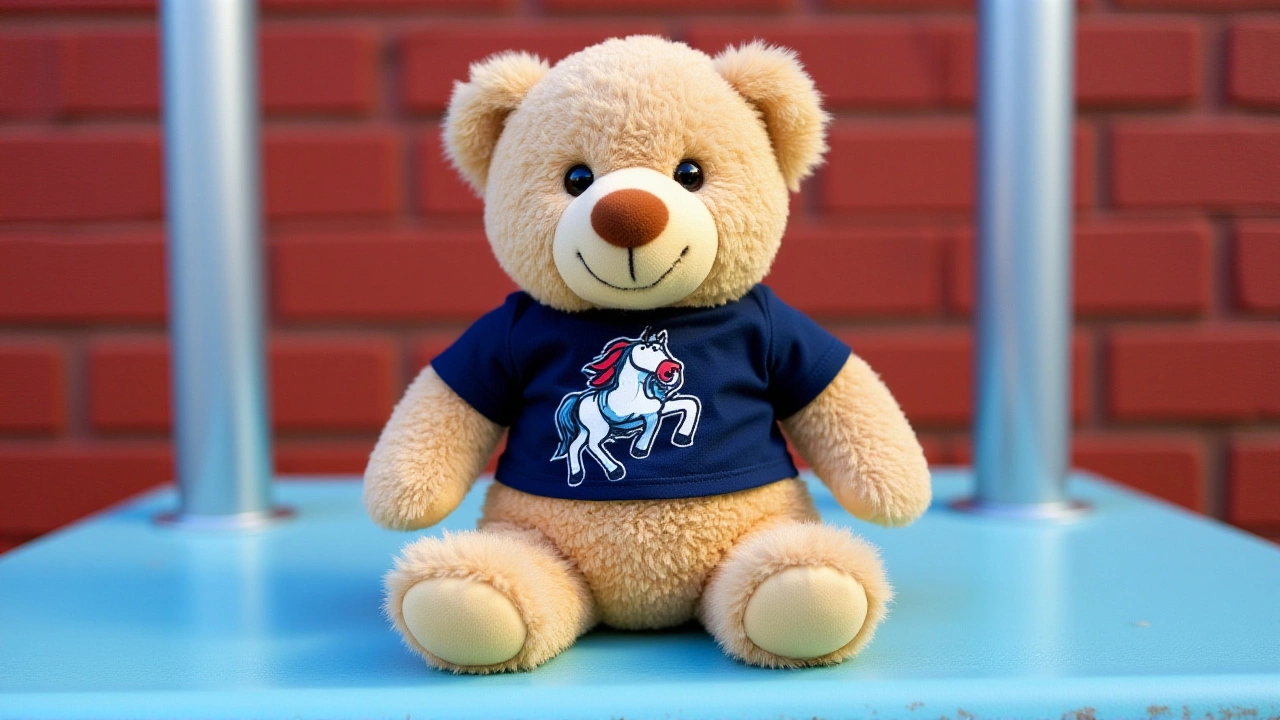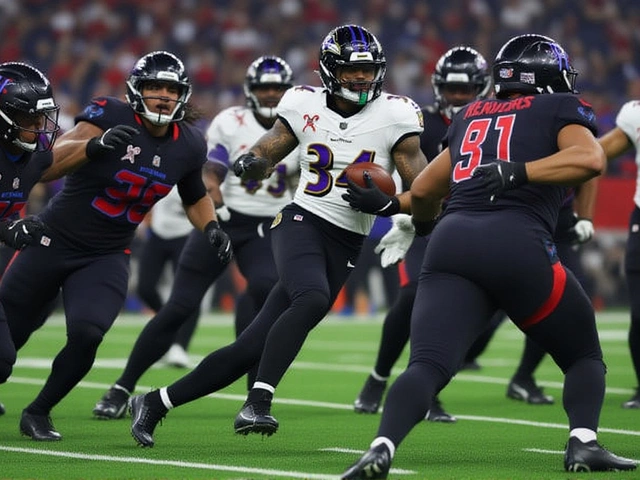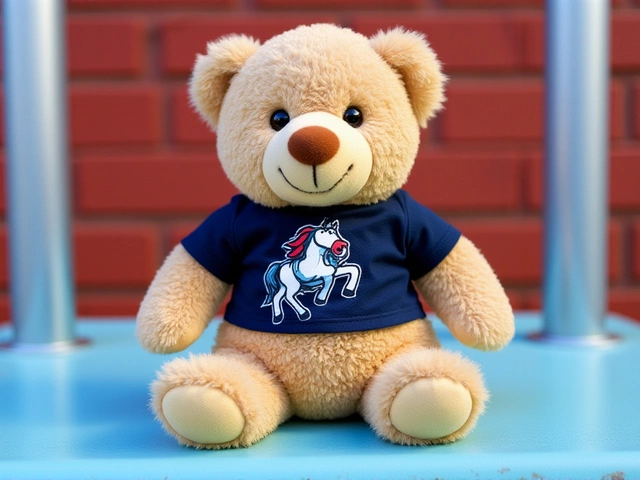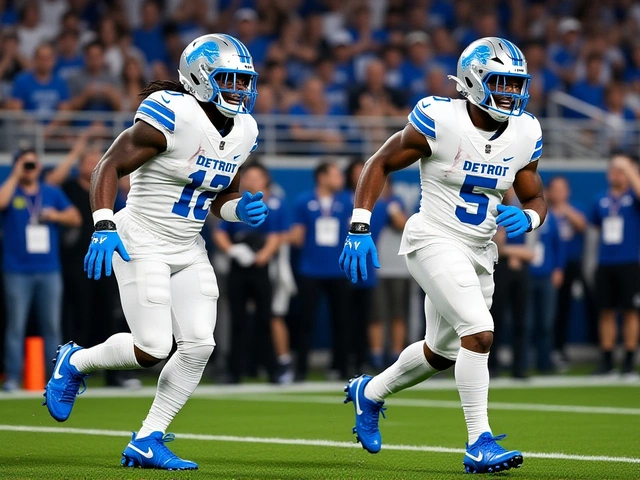When Libby D'Orvilliers, student columnist at The Rider News, penned an opinion piece on , she wasn’t just marking a cute calendar note—she was announcing a coping playbook for a generation feeling the weight of a crumbling world.
The article, titled “Celebrating small holidays with a big, bear‑shaped heart,” spotlights National Teddy Bear DayLawrenceville, New Jersey as a "micro‑celebration" that gives students a little oxytocin surge to get through a tough week.
Micro‑Celebrations: A New Kind of Holiday
D'Orvilliers explains that she’s deliberately shifted her happiness radar from grand, high‑spirited holidays to what she calls "micro‑level observances." She writes, “It feels disingenuous to try and celebrate massive holidays when the world often seems to be crumbling around us.” The shift isn’t about the holiday itself—it’s the symbolism, the tiny promise of something to look forward to.
Examples she shares are as down‑to‑earth as they get: a cupcake from Daly Dining Hall on National Cupcake Day, a pretzel discount at Muller's Pub for National Pretzel Day, and, of course, the bear hug ceremony on September 9.
The Science Behind Oxytocin Boosts
Oxytocin, often dubbed the "cuddle hormone," spikes when we engage in gentle physical contact—think hugs, petting a plush toy, or sharing a warm meal. A 2022 study in the Journal of Behavioral Medicine found that a brief, intentional hug can raise oxytocin levels by up to 30 percent, translating to better mood and reduced stress hormones.
While D'Orvilliers doesn’t claim a scientific breakthrough, she frames her habit as a practical application of that research: "a little oxytocin boost in my day" becomes a mantra for a semester stressed by rising tuition and global headlines.
Campus Traditions at Rider University
Rider University, a private institution in Lawrenceville, New Jersey, has long embraced quirky campus events. The student newspaper, The Rider News, often highlights these moments, from "Spooky Scavenger Hunts" to "Campus Karaoke Nights." D'Orvilliers’ piece adds a mental‑health layer to that tradition.
On National Teddy Bear Day, the campus library even sets up a "Bear Lounge" where students can borrow a plush bear for the day. Last year, the lounge saw 112 check‑outs—an unofficial record, according to library staff.
Broader Implications for Mental Well‑Being
Why does a teddy bear matter? Because micro‑celebrations create predictable positive cues in an otherwise unpredictable environment. A 2021 survey by the American College Health Association reported that 68 % of students said “small, regular joys” helped them maintain mental health during the pandemic.
D'Orvilliers’ strategy dovetails with a growing movement in psychology called "Positive Micro‑Habits," which encourages daily, low‑effort actions—like a five‑minute stretch or a gratitude note—to build resilience. The practice isn’t new; monks have used similar techniques for centuries, but its adoption on U.S. college campuses is a fresh twist.

What’s Next for Micro‑Celebrations?
Looking forward, D'Orvilliers hints at expanding the calendar. She’s already eyeing "National Book‑Lovers Day" in October and a campus‑wide "Random Acts of Kindness" week in December. If the bear hype is any indication, the ripple effect could reach beyond Rider, prompting other schools to catalog their own oddball holidays.
In a world where headlines scream crisis, the idea that a simple hug of a teddy bear can anchor a student’s day feels almost revolutionary. As the author notes, “something about knowing it is coming up gives me something to look forward to.” And perhaps, that small forward‑look is precisely what many need.
Key Facts
- National Teddy Bear Day was established in 2002 by the Teddy Bear Alliance.
- Libby D'Orvilliers has written for The Rider News since 2020.
- Rider University enrolls roughly 2,600 undergraduates.
- In 2022, the campus library logged 112 bear check‑outs on September 9.
- Oxytocin levels can rise 30 % after a brief, intentional hug.
Frequently Asked Questions
How does National Teddy Bear Day help Rider students cope with stress?
The day offers a predictable, low‑effort ritual—hugging a plush bear—that triggers an oxytocin release, which research links to reduced anxiety and improved mood. For students juggling exams and global news, that tiny hormonal boost can mean a calmer study session.
What other micro‑celebrations does D'Orvilliers mention?
She points to National Cupcake Day, where she treats herself at Daly Dining Hall, and National Pretzel Day, when Muller's Pub runs a special. Both events are simple, campus‑centric traditions that break up the monotony of the semester.
Is there evidence that micro‑habits improve mental health?
Yes. A 2021 American College Health Association survey found 68 % of students reported that regular, small pleasures—like daily gratitude notes or brief physical activity—helped them manage stress and avoid burnout.
When was National Teddy Bear Day first celebrated?
The holiday was created in 2002 by the Teddy Bear Alliance to promote the emotional benefits of hugging plush bears, and it has been observed every September 9th since.
Could other colleges adopt similar micro‑celebrations?
Experts say the model is easily transferable. By mapping out low‑cost, day‑specific activities—like a campus‑wide tea‑time or a “bring‑your‑plant‑to‑class” day—schools can create predictable positivity without large budgets.











